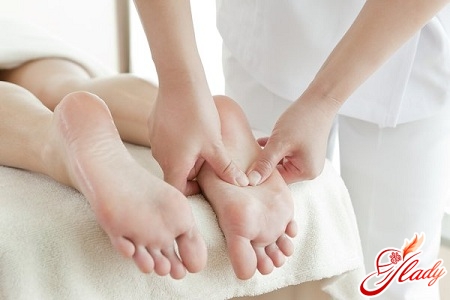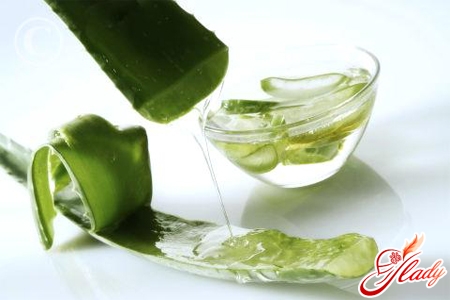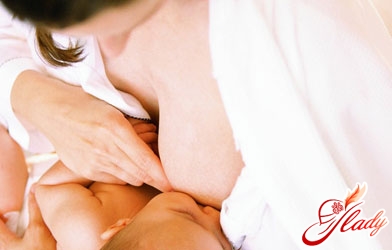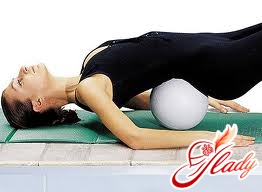 We are accustomed to thinking that it is necessary to brush our teeth in the morning and evening, and preferably after each meal. Moreover, it is recommended to do this very carefully. Indeed,
We are accustomed to thinking that it is necessary to brush our teeth in the morning and evening, and preferably after each meal. Moreover, it is recommended to do this very carefully. Indeed,is necessary because this is how we remove from the teethplaque, which can lead to tooth decay, and also increases the risk of tooth loss and gum disease. In addition, pastes help remineralize teeth due to the fluoride they contain, as a result, it is possible to reverse the development of caries at the earliest stages of this disease. However, do not forget that toothpaste is an abrasive, and an abrasive of both physical and chemical action, so toothpaste helps in the fight against factors that cause various dental problems, but can also contribute to thinning of enamel and tooth decay if used incorrectly.
How to use toothpaste correctly so that it does not become an enemy of your teeth?
Various studies suggest thatActive brushing of teeth with regular toothpaste and a toothbrush for more than two minutes can contribute to tooth decay. At the same time, the quality of the preventive effect of the paste does not depend on the force applied, but on the correctness of brushing the teeth. Therefore, it is best to brush your teeth with vertical shaking movements on all surfaces of the teeth for no longer than two minutes at a time. It is also not recommended to squeeze out too much paste: if you brush your teeth correctly, even a small amount of paste will foam enough to completely clean the entire oral cavity. A toothbrush should be changed at least once every two months. In this case, you need to choose a toothbrush individually, they are produced in three types: soft, medium softness and hard. For sensitive teeth, you should not take a hard brush, because the softer the brush, the longer you can brush your teeth without fearing for the condition of the enamel. It is best to brush your teeth twice a day, in the morning and in the evening. This minimizes the chances of tartar. In no case should these procedures be replaced with more rare and lengthy ones. Toothpaste is our friend if used correctly, but brushing your teeth does not replace visits to the dentist. You should visit the doctor at least twice a year, and preferably three times. A specialist can always tell you which toothpaste and toothbrush are best for you and right now, and advise you on how to brush your teeth correctly. In the event of tartar or other problems, they can provide prompt assistance. It is better to prevent tooth disease than to treat it or lose it later. We recommend reading:









